What is White Privilege?
It is important that everyone learns about white privilege and how it has impacted (and continues to impact) B.C. schools and society.
It is within the layers of discomfort that pushes my growth forward.
Staff Member, B.C. Education System
Defining White Privilege
Peggy Mcintosh (1989) describes white privilege as “unquestioned unearned advantages, entitlements, benefits, and choices bestowed to people solely because they are white.”
Mcintosh lists examples of white privilege including:
- Going shopping alone without fear of being followed or harassed
- Being hired for a job without coworkers wondering if you are a ‘diversity hire’ or if you were hired because of your race
- Recognizing that Canadian history favours white people, and often celebrates them for making the country what it is today
Find Peggy McIntosh’s article on white privilege in Resources.
White privilege is based on the belief that being white is superior to other racial or ethnic groups.
White privilege continues to show up in B.C.’s education system and reinforces the dominant culture’s position of power in society. Examples of this include curriculum resources that offer a Euro-centric view of history, geography, or society as well as the under-representation of Indigenous and racialized people in leadership positions within schools and districts. Dominant culture reflects many types of privileges and power within society, including those identified on the Wheel of Power/Privilege.
Reflection
Think about your own experiences as you consider the statements below. These statements reflect only a few examples of how members of the dominant culture can benefit from privileges in society.
- I can watch TV or movies and often see people of my race, ethnicity, or culture represented as lead characters.
- I am never asked to speak about the experiences of my cultural or racial group.
- When I attended school, I saw myself and my community well represented in the curriculum, textbooks, and resources.
- Growing up, most of the teachers at my school looked like me.
- My ancestors always had the right to vote in Canada.
If you are completing this as a group, it is important to create trauma-sensitive learning spaces that are facilitated by skilled leaders.
